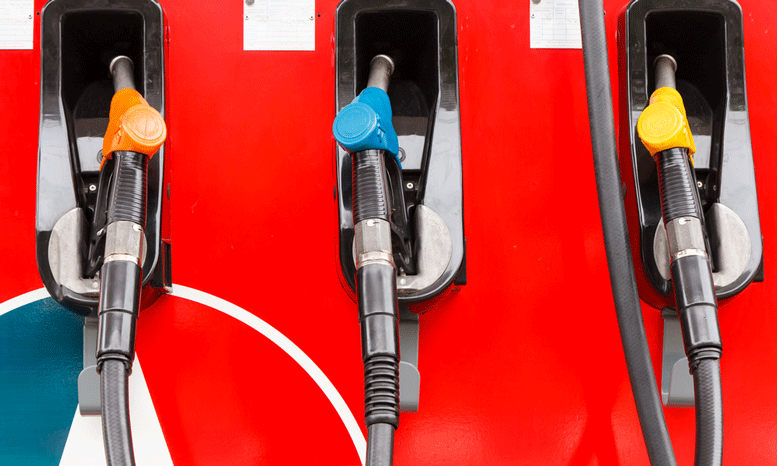Oman’s recent move to cut back on fuel subsidies is unlikely to significantly impact vehicle sales in the sultanate, according to a local vehicle dealership.
In the wake of the downward spiral in oil prices, Oman’s government had to tackle the challenge of reducing the deficit while ensuring minimum financial pressure on residents, said Riyadh Ali Sultan, director at Towell Auto Centre – the Omani dealer for brands such as Mazda, Geely, Higer and JAC.
“The recent marginal increase has proved that they have been successful in their efforts on both ends. They will continue to take tough decisions which will be based on national interest and every resident should support their decision,” Sultan told Truck & Fleet ME.
“After all, this increase has happened after almost 18 years. It is only fair.”
While Sultan does not anticipate much of an impact on vehicle sales, he does acknowledge that the dealership might be affected by the rolling back of subsidies. “Hence, companies like Towell Auto Centre need to take corrective and proactive steps to control costs and continue to be aggressive towards the targets.”
The fuel price hikes might also encourage prospective buyers to more seriously consider fuel-savings technologies, such as Mazda’s SKYACTIV, which is said to offer 30% more fuel efficiency.
“These technologies will be appreciated more in this market which is currently fascinated with big, inefficient engines,” Sultan noted.
Earlier this month, Oman said it would reduce subsidies and increase gasoline prices by 33% for premium fuel and 23% for regular fuel. On January 15, prices of super grade petrol were raised to 160 baisas per litre, from 120 baisas a litre, while those of regular grade petrol climbed to 140 baisas per litre from 114 baisas a litre. Diesel prices rose to 160 baisas, against an earlier 146 baisas per litre.

